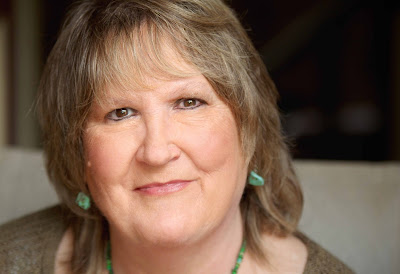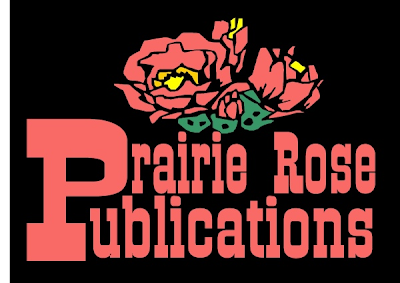
What was the worst writing advice you ever received? Is there any such animal as “bad writing advice”? Not according to novelist and screenwriter Chuck Wendig. "There's only advice that works for you and advice that doesn't."
Is that true? Sometimes it seems, as writers, we can get so caught up in “the rules” that we forget the story and how to tell it. We become frustrated, and it can be downright maddening to try to remember every piece of advice from every writing source we’ve ever come across and tried to use properly.

Translating our ideas into language is one way of looking at our writing process, but how do we start? I have to admit, I am truly a ‘pantser’, not a ‘plotter’—which is really out of character for me in every other aspect of my life. But somehow, orchestrating everything to an outline and strictly adhering to that brings out the rebel in me. I just can’t do it—and I’ve tried. Here’s an example of the differences from Richard Nordquist’s “About.com” publication on writing:
In his essay "Getting Started," John Irving writes, "Here is a useful rule for beginning: Know the story--as much of the story as you can possibly know, if not the whole story--before you commit yourself to the first paragraph." Irving has written far more novels than I. Clearly he knows what works for himself in a way that I don't always for myself, but this seems to me terrible advice. I'm more inclined to E.L. Doctorow's wisdom. He once wrote that writing . . . is like driving at night: You don't need to see the whole road, just the bit of illuminated blacktop before you.
(Debra Spark, "The Trigger: What Gives Rise to the Story?" Creating Fiction, edited by Julie Checkoway. Writer's Digest Books, 1999)
Yes. That’s what I do. I don’t always see the entire big picture, and I don’t need to from the very beginning. But I do see more than “just the bit of illuminated blacktop”—in other words, the immediate “coming up next” section of the story. So I guess I’m in category #3—Swiss cheese author—I know the basics of what’s going to happen, but even so, there are a LOT of little (and big!) surprises along the way.

Nope. Neither is this one...And by the way, this anthology held the #1 western slot at Amazon for a few days a few years back, and contains my short story IT TAKES A MAN, which was a Western Fictioneers Peacemaker nominee in the Best Short Fiction Category for 2013

Aside from being on one side of the “plotter/pantser” fence and being told you’re wrong by the other side, what is the worst writing advice you’ve ever had? You don’t have to say who gave it to you—but I’m curious…what was it? And do you agree with the idea that there is no bad writing advice, just “advice that works for you and advice that doesn’t”? Bring on the comments and opinions! The worst writing advice I ever received? “Try to write an Amish romance. That’s what’s 'hot' now…” (from an agent). What’s yours?

No. It's not an Amish Romance...
www.prairierosepublications.com

For some great reading, stop by Prairie Rose Publications here:
www.prairierosepublications.com
or take a look here at Painted Pony Books for reading for young and older alike:
www.paintedponybooks.com












